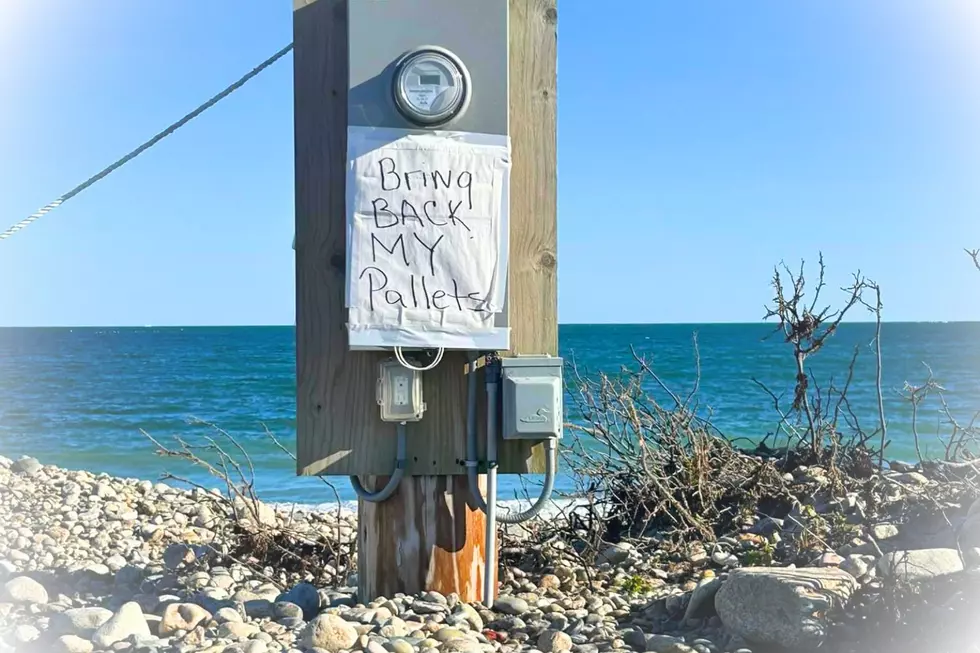
State Finds Unsafe Levels of Fecal Bacteria at Over 200 Beaches
BOSTON — State researchers and environmental advocates say unsafe levels of pollution was detected in the waters of more than 200 beach locations in Massachusetts last year.
According to a report released Tuesday by the Massachusetts Research and Policy Center, levels of fecal bacteria above the “Beach Action Value” threshold set by the U.S. Environmental Protection Agency (EPA) were detected at least once at 223 locations in 2018.
The report, entitled Safe for Swimming?: Water Quality at Our Beaches, says while Boston Harbor and other waterways have become much cleaner in recent decades, pollution is still a problem.
In some communities, sewage and stormwater flow into the same pipes. These combined sewer systems can become overwhelmed during heavy storms, discharging untreated sewage into nearby waterways.
Combined Sewer Overflows (CSO) carry pathogens that can be harmful to humans, particularly boaters and swimmers. CSOs also contribute to toxic algae blooms in rivers and coastal waters.
“Swimming at the beach is a favorite summertime experience for so many families, but clearly we have more work to do to make sure the water at all of our beaches is safe,” said State Director for the Environment Massachusetts Research & Policy Center Ben Hellerstein.
“We must invest in water infrastructure that prevents pollution to ensure that Massachusetts’ beaches are safe for swimming.”
Currently, there is no statewide requirement for the public to be notified after a CSO. Senator Patricia Jehlen, Representative Linda Dean Campbell, and Representative Denise Provost have filed legislation requiring sewage system operators to notify the public promptly when a sewage discharge occurs. A key committee in the Legislature recently approved this bill.
Fecal bacteria can make people ill, particularly with gastrointestinal ailments. Common sources of this pollution include stormwater runoff and sewage overflows. According to the EPA, an estimated 57 million people nationwide get sick from contact with polluted waters each year.
“In 14 other states, the public is provided a notification whenever there is a sewage spill in a public water body. But there is currently no statewide general public notification requirement for Massachusetts. Climate change is only exacerbating our pollution issues as stormwater runoff triggers more sewage overflows," said Policy Director of the Massachusetts Rivers Alliance Gabby Queenan.
"This legislation is the first important step in addressing and eventually eliminating CSOs. Ultimately we need to make major investments in our grey and green water infrastructure.”
In July, the City of New Bedford closed all beaches to swimming to protect public health after heavy rainfall and subsequent flooding in areas of the city.
The report also includes recommendations to prevent bacterial pollution and keep our beaches safe for swimming. Rain barrels, rooftop gardens, permeable pavement, and urban green space can all absorb stormwater runoff and prevent sewage overflows.
Congress is now considering legislation to increase funding for such “green infrastructure” projects through the Clean Water State Revolving Fund.
More From WFHN-FM/FUN 107








![Fall River Cat Found As Stray Is the Ultimate Cuddle Bug [WET NOSE WEDNESDAY]](http://townsquare.media/site/519/files/2024/04/attachment-Untitled-design-2024-04-17T061729.653.jpg?w=980&q=75)
